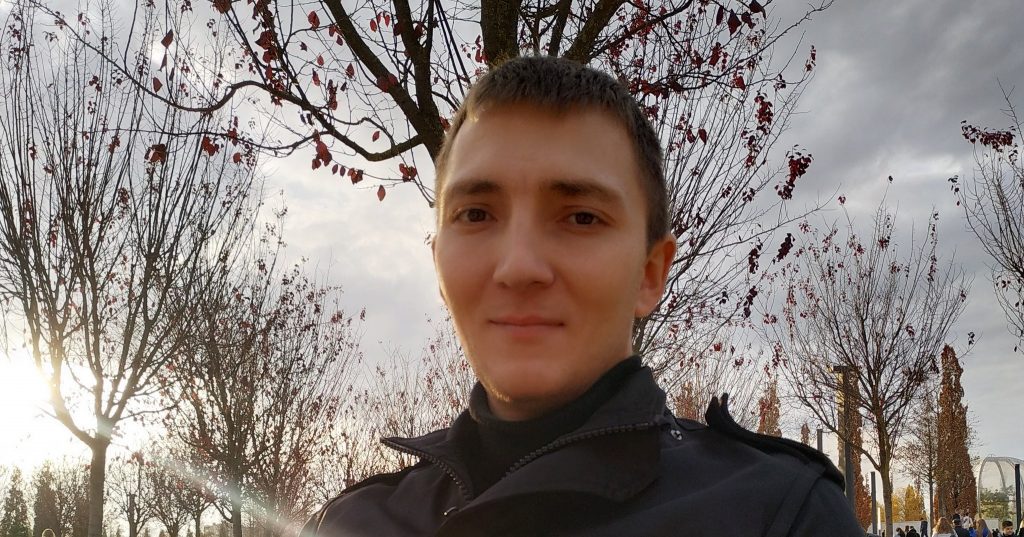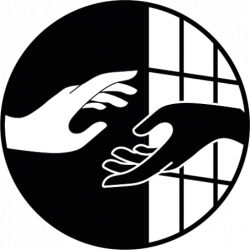
Boris Goncharenko worked as a school teacher in Krasnodar. He graduated from Kuban state university, and then taught history, social studies and philosophy in various educational institutions. At the same time he worked as a manager at the Garant information centre and for Konsultant Plyus. He enjoyed hiking, tourism and music festivals, and himself played the guitar. Boris also reads a great deal.
To the question “what are the most important things in life for you?”, Boris answers: “The most important thing in life is internal harmony with our selves – peace in our souls. Then everything in the external world will be OK.”
Boris does not support Russian aggression against Ukraine. After the all-out war began, he was tormented by worries about conscripts – his former and current students.
On the night of 5-6 October 2022, unknown persons set fire to the military recruitment centre at Goryachy Kliuch. Bottles filled with a flammable mixture were thrown into the vestibule, at the front entrance. Security staff, and military personnel who were on duty, soon put out the flames.
The next day, the security services arrested two suspects: Bogdan Abdurakhmanov, 27, originally from Minsk [Belarus], and 34-year-old Boris Goncharenko from Krasnodar. The prosecution claims they were identified from fingerprints on one of the bottles.
At first Abdurakhmanov and Goncharenko were charged with “attempted destruction of property” (Articles 3.30 and 2.167 of the Criminal Code of the Russian Federation), which carried a threat of a maximum sentence in prison of 3 years and 9 months. But then the Federal Security Service (FSB) got involved in the case, and the charges were changed to “carrying out an act of terrorism” (Article 2.205). Now Bogdan and Boris face the threat of between 12 and 20 years behind bars.
Goncharenko’s lawyer, Felix Vertegel, told Activatica [an activists’ news site] that Abdurakhmanov had thrown the bottle containing the flammable mixture into the military recruitment centre building. Goncharenko did not take part in this action; he only helped his friend to prepare the mixture. But neither one nor the other could be considered a terrorist act. Last year we explained in detail why even Russian law – and specifically Article 205 of the Criminal Code on acts of terrorism – does not define such actions as “terrorist”.
In one of his letters, Boris sent a message to supporters of Solidarity Zone: “I would like to say a big thank you for your support! It’s great that you are there! I wish you all physical and spiritual good health, peace and good will.”
Now the case of Goncharenko and Abdurakhmanov is being considered in the Southern District Military Court in Rostov-on-Don.
HOW TO HELP
Address for letters and parcels:
Russia 344064, Rostov-on-Don, ulitsa Tonnelnaya 4, SIZO-5,
Goncharenko Boris Andreevich born in 1988
It is possible to send via electronic service PrisonMail.online.
How can I write letters to political prisoners in Russia?



